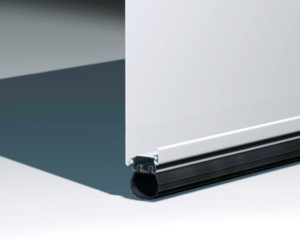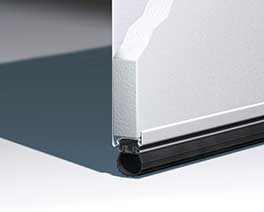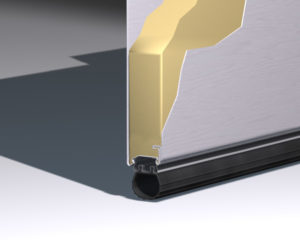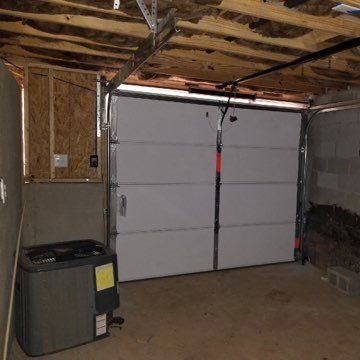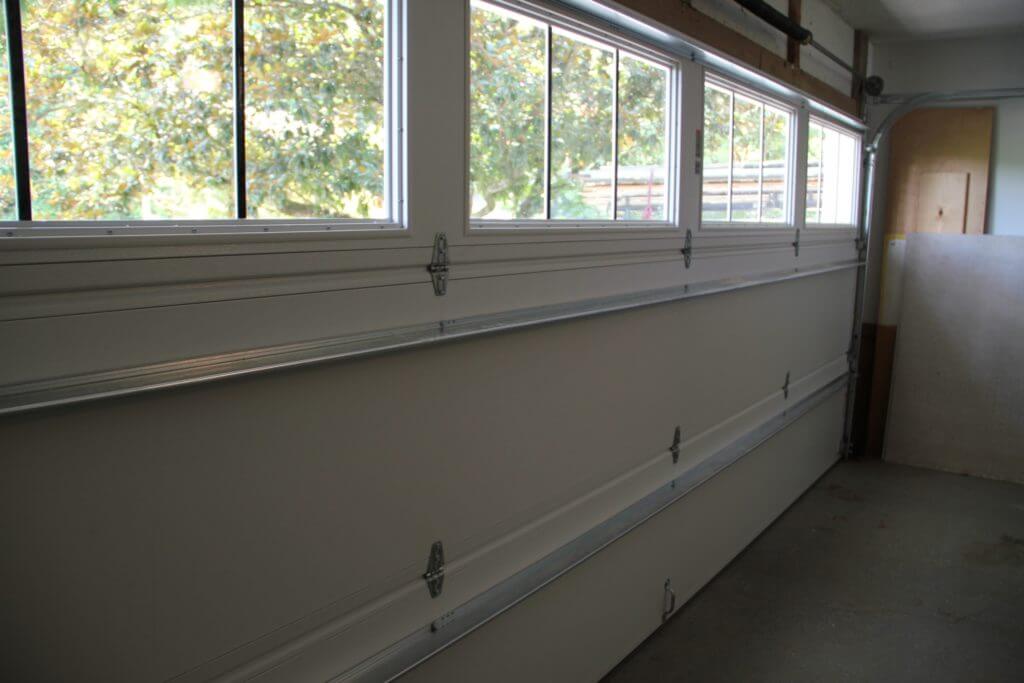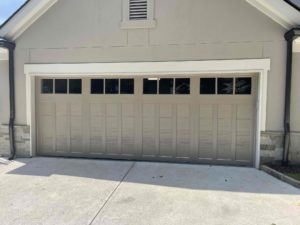Garage door insulation is becoming more popular in regions with extremely hot [and cold] climates. Georgia is known for its high humidity, which means both summers and winters are found to be brutal by Buford, GA and Milton, GA inhabitants. People without garage door insulation feel the dips and heights in temperature much more than people who have invested in an insulated garage door.
What Does Garage Door Insulation Mean?
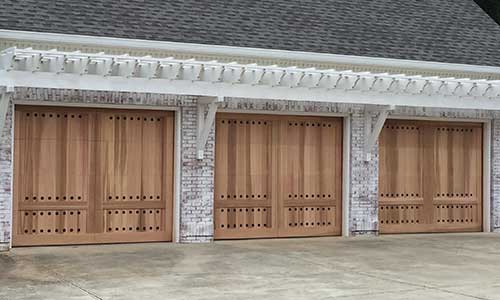
The Insulation Materials Used
Polystyrene or polyurethane are the insulation materials used to insulate garage doors by placing them between your garage door panels. Polystyrene insulation is cheaper and has basic insulation capability. Polyurethane insulation is a binding foam that expands and bonds to the surface. Polyurethane insulation offers maximum insulation and durability to your door.
Why Should I Insulate My Garage Door?
Garage door insulation saves you more money in the long run than continuing to own a non-insulated garage door. The money you save from tampering with your air conditioning and heating unit covers the upfront cost of installing insulated garage doors. Consider how the average garage door protects and secures your vehicle, home, and belongings. Extra coverage is just one thing that garage door insulation provides.
Requesting a professional to install garage door insulation is equivalent to investing in a security blanket for your garage. A more durable and energy-efficient garage reaps benefits that include noise reduction, temperature control, and more years to enjoy a more comfortable garage!
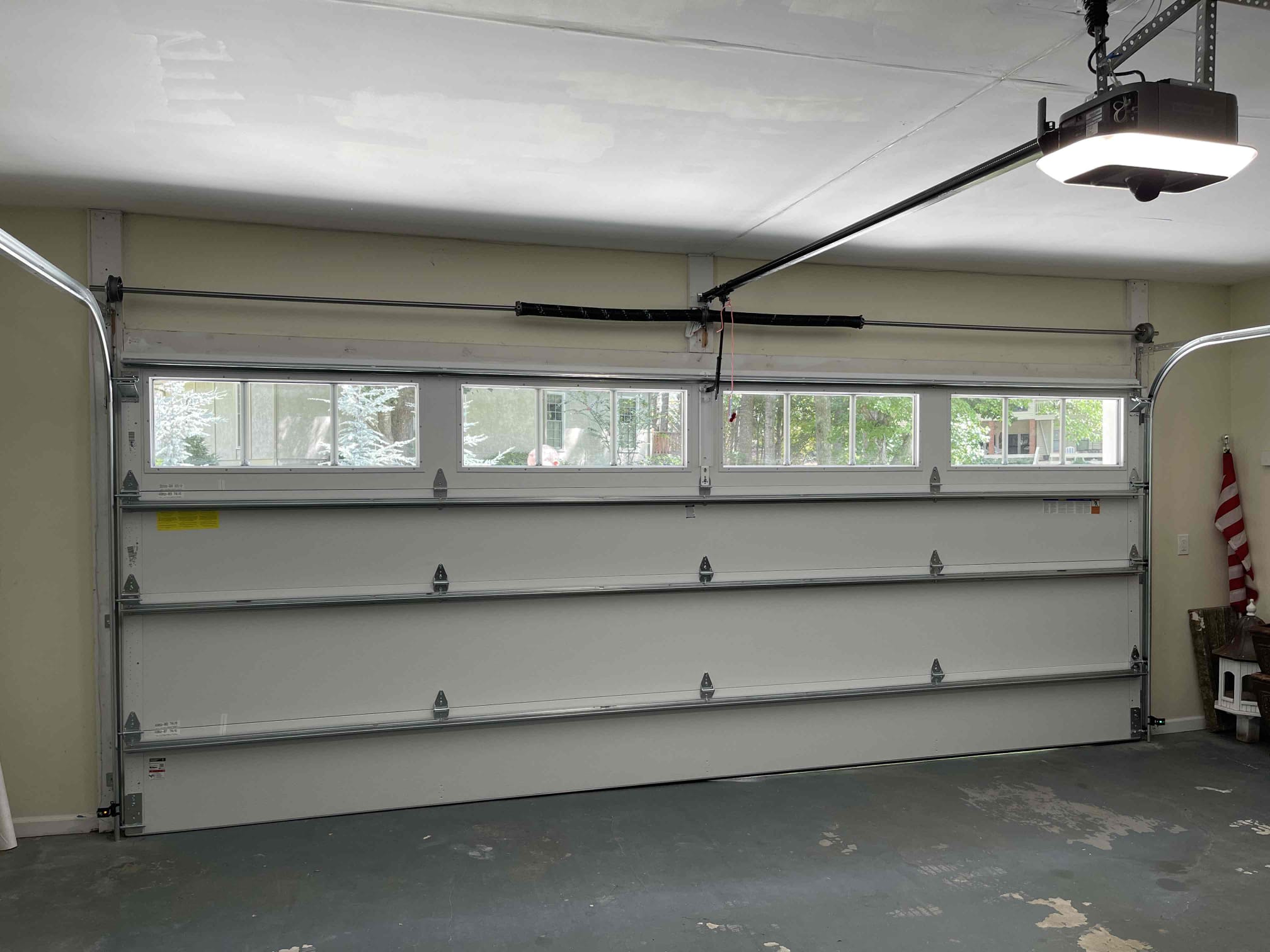
Call or Text For Professional Garage Door Insulation
1. Noise Reduction
Garage door insulation will reduce the rattling sound that happens when your garage door opens and closes. Your insulated door will absorb a lot of the vibrations that come from your door, giving you a quieter garage door. Garage door insulation is perfect for families who use their garage as a workspace or with bedrooms located above the garage.
2. Energy Efficiency
One of the most significant differences between an insulated and non-insulated garage door is the increased energy efficiency. The insulation within your garage is calculated using the R-value, or the value that measures the efficiency of your insulation by calculating thermal resistance to heat flow. The higher the R-value, the more beneficial your insulated garage door will be. The R-value score will help you decide which type of insulation is best for your home.
3. Durability
The average garage door cannot withstand forces that cause damage or dents from things such as weather, vehicles, sporting equipment, and everyday use. Garage door insulation provides durability so that you can enjoy your insulated garage door for years without worrying about deteriorating or rusting. The added durability will make it easier for you to save money.
4. Temperature Control
If your garage is filled with cold air from the outside, that air will make it harder for your home to warm up. During winter months, your energy costs skyrocket. You may notice your average garage door is paper thin. Beyond the steel or aluminum exterior, your garage is susceptible to uncomfortable summers and cold winters. Garage door insulation will keep your garage cooler in the summer and warmer in the winter. Have a temperature-controlled garage this winter with an insulated garage door!
Let Us Install Long-Lasting Garage Door Insulation
Our garage door experts at Aaron Overhead Doors can install garage door insulation so you are better prepared for the effects that winter has on your non-insulated garage and home. Get caught up on why garage door insulation is such a worthy investment, and contact us for garage door insulation today!

